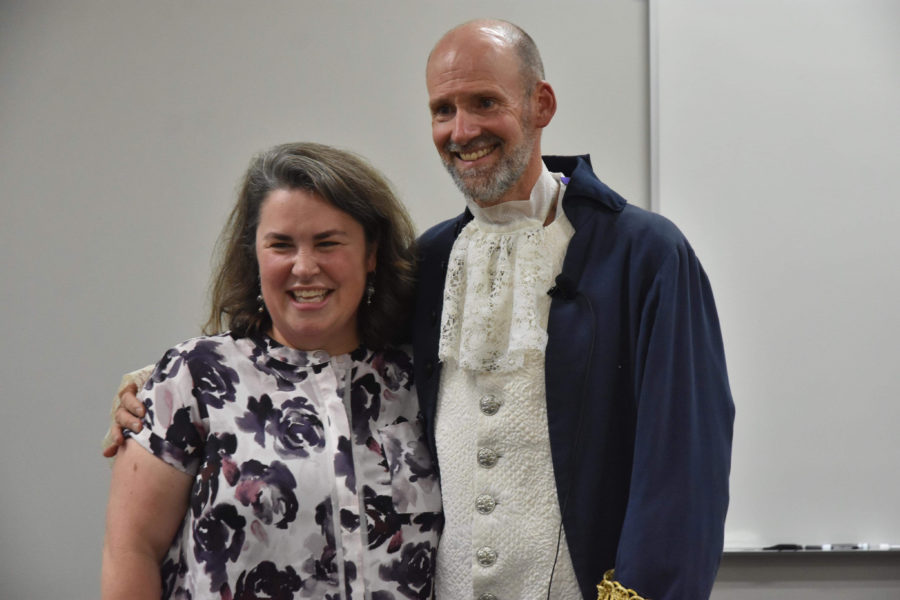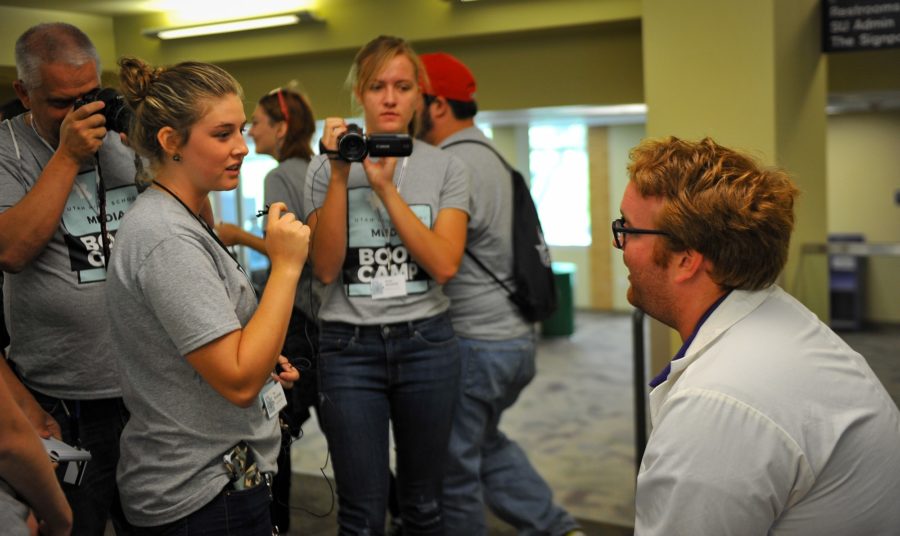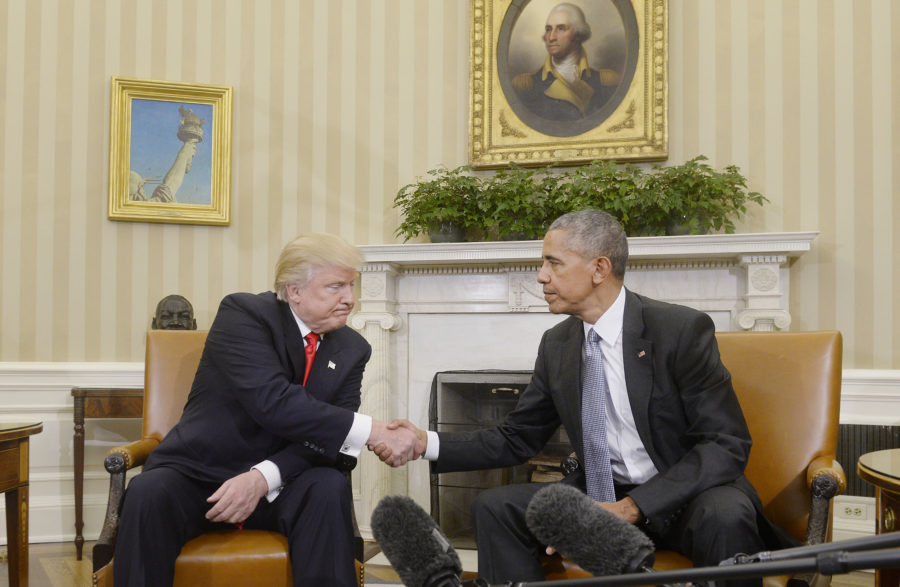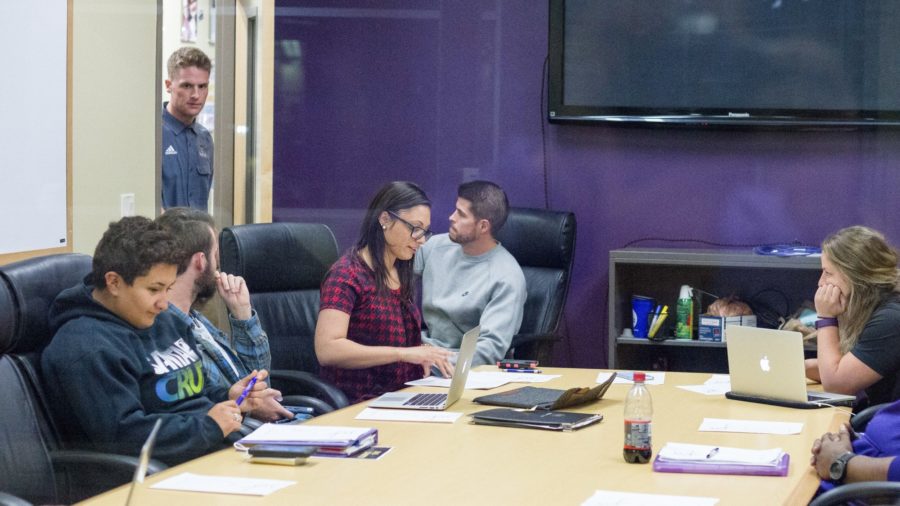A crucial factor in the support of gay marriage, and gay rights in general, is the concept that homosexuality is not a choice. Most of the LGBT community relies heavily on this argument, so many are understandably divided on recent comments from one of their own.
Sex and the City star Cynthia Nixon, who came out in 2004 and has been with her partner, Christine Marinoni, since that year, recently said in an interview with The New York Times that she considers her sexuality to be a personal decision.
“I understand that for many people it’s not, but for me it’s a choice, and you don’t get to define my gayness for me,” Nixon said, in regards to her recent empowerment speech to a gay audience in which she implied her sexuality was a choice, which she said the audience tried to get her to take back. “A certain section of our community is very concerned that it not be seen as a choice, because if it’s a choice, then we could opt out. I say it doesn’t matter if we flew here or we swam here, it matters that we are here and we are one group and let us stop trying to make a litmus test for who is considered gay and who is not.”
John Aravosis, a writer for America Blog, pretty well summed up the position of Nixon’s dissenters when he wrote, “It’s not a ‘choice,’ unless you consider my opting to date a guy with brown hair versus a guy with blonde hair a ‘choice.’ It’s only a choice among flavors I already like . . . every religious right hatemonger is now going to quote this woman every single time they want to deny us our civil rights.”
Before her relationship with Marinoni, Nixon had two children with her long-term male partner, and now claims that, speaking as someone who has tried both, “gay is better.” Many commenters and a subsequent interviewer from The Daily Beast replied that, obviously, Nixon is bisexual, though Nixon said she does not like to use that term for herself.
Both Nixon and Aravosis have a fair point. Firstly, do we as people ever really choose who we are attracted to — not just which sex we’re attracted to, but which hair colors, physical build and various other characteristics that make up our individual “types”? Most of us would say we have a “type,” but where did that type come from? Are we conditioned through our genetics, environment and/or experiences to be attracted to that certain physical type? Can it be all of the above? But then, when we decide we’re in love with someone, who is anyone else to tell us whether or not that was a conscious choice on our part? Why can’t it be a choice? But, if it is, does that necessarily mean it was in our power not to love that person? Who can really say but the person experiencing it?
The problem is that, when it comes to matters of the heart, choice and natural inclination are so inextricably linked and blurred together that it’s almost impossible to separate them. You could even say that this extends to matters of taste and opinion. Do we choose what we like? In a sense, we do — we wouldn’t like something if we didn’t, well, like it that way — but in another sense, our tastes can often feel like they were chosen for us and that we’d change them if we could. If someone says they can’t help it if they like sweets but that they did make a conscious choice to eat and like vegetables as well, who are we to tell them that’s not how it works, that they’re wrong about themselves?
It’s tricky, because neither side of the debate is wrong. And that is because no two people are exactly alike. One thing is for certain, though: Nixon should be able to identify however she sees fit. She said in the interview that she knows herself better than anyone, and she was not in some delusional bubble about herself before she knew she could be attracted to women. So that’s the end of it, really. If she says her attraction to women was developed, not innate, then we don’t get to apply our personal experiences to hers as proof she is wrong.
Maybe she is kidding herself, maybe she isn’t. And what does it matter? Should that affect her rights one way or the other? Anyone who is supportive of the gay community should be able to support Nixon just the same without needing a politically correct, easily understandable label for her personal feelings and experiences.














